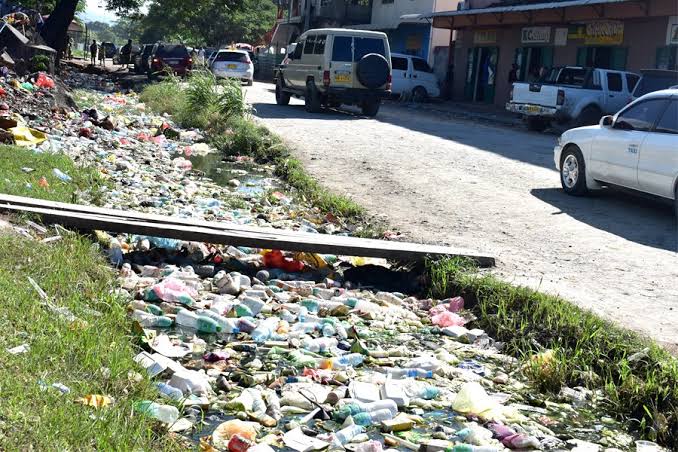East Africa urged to make policies, revitalise action on plastic waste

By Nneka Nwogwugwu
The East African Community (EAC) member states should enact bold policies and legislation to revitalize action on plastic waste.
The EAC said this while launching a report on Thursday in Nairobi, Kenya.
According to the report compiled by Sustainable Inclusive Business affiliated with Kenya Private Sector Alliance (KEPSA), the region’s transition from linear to circular economy will be dependent on robust action on single-use plastics.
“East Africa lies in an enviable position of taking a stand as environmental leaders tackling single-use plastics. Policy frameworks that support a transition to a circular economy are critical,” the report said, while acknowledging significant strides the region has made in tackling plastic waste courtesy of political goodwill, investments in research, innovations and public awareness.
According to the report, the six East African Community member states of Kenya, Rwanda, Uganda, Tanzania, Burundi and South Sudan have passed legislation to reduce plastic litter. The report hails sweeping plastic bans in Rwanda and Kenya that have inspired other African countries to take drastic steps aimed at hastening their transition to a circular economy.
The report, however, decried slow enforcement of legislation, policy mismatch and limited investments in recycling infrastructure as some of the bottlenecks to growth of the circular economy that promises jobs, better health and environmental outcomes for local communities.
The report also noted that uniform laws that address manufacture, cross-border movement and use of single-use plastic in the region are lacking, thereby undermining growth of the circular economy.
Karin Boomsma, the Sustainable Inclusive Business project director, called for enhanced government, industry, academia and civil society partnerships to reinvigorate action on plastic waste in the region.
According to Boomsma, a speedy transition from linear to circular economy in the East African region hinges on tackling plastic waste at the source while ensuring cheaper and ecologically friendly alternatives are widely available.
